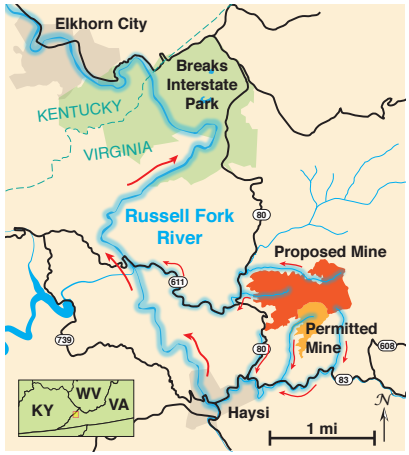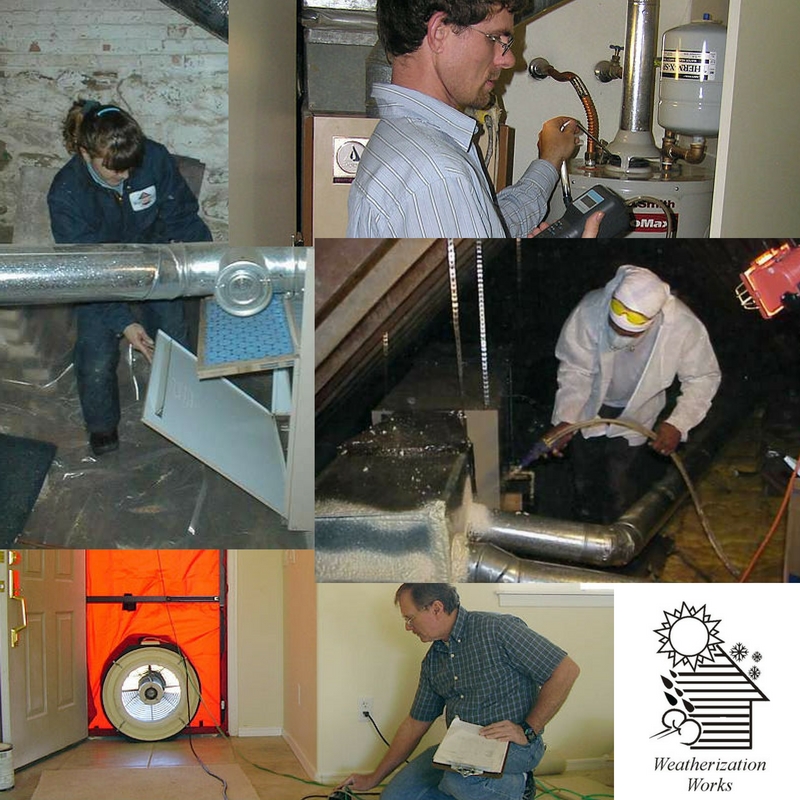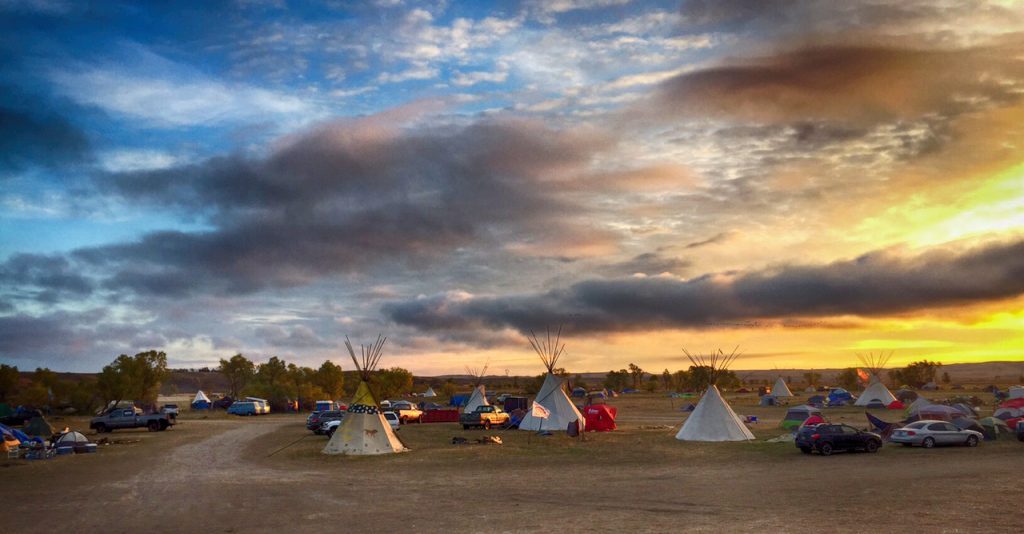Front Porch Blog
Updates from Appalachia

Southwest Virginians speak out against Doe Branch Mine
“God gave us the water so we can stay clean, and so we can drink it. I don’t want poison in the water.” Those are the words of 6-year-old Levi Marney, spoken to representatives of the Virginia Department of Mines, Minerals and Energy at a public meeting about the proposed Doe Branch mountaintop removal mine in Haysi.
We stand together
An important message from our executive director, Tom Cormons: Today, more than ever, we need to stand together and support each other to defend the health of Appalachia’s communities, our irreplaceable natural heritage, and the future of the planet. We know you are with us.
National Weatherization Assistance Program Turns 40!
Forty years ago the federal government launched the National Weatherization Assistance Program to help residents combat high heat costs. In celebration of this anniversary, we take a look at the history of the program and see how far energy efficiency has come in four decades — yet also recognizing things we still need to do to make everyone’s home heating costs more affordable.
Why stop the Mountain Valley Pipeline?
The Federal Energy Regulatory Commission is taking public comments from citizens regarding the proposed Mountain Valley Pipeline, which would carry fracked gas through W.Va. and Va. It’s a important chance for citizens to voice their concerns on-the-record. Read some of the reasons why Virginia Campaign Coordinator Peter Anderson is speaking out against the pipeline.
Saying no to a fracked-gas future
From the West Coast to the Dakotas to Appalachia, our country is at an energy crossroads. We can continue building up fossil fuel infrastructure, like the massive fracked-gas pipelines being proposed, degrading our treasured landscapes and waterways, and posing health and safety risks to thousands of families. Or, we can invest in truly clean energy, create jobs, curb climate impacts and build a sustainable future. The choice is clear.






